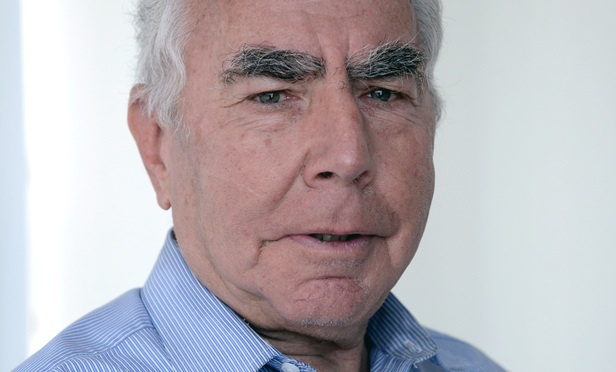Qualified immunity has recently come under attack by prominent federal jurists and legal scholars. They have persuasively argued that in applying qualified immunity the U.S. Supreme Court has been overly protective of the police. As a result, large numbers of individuals victimized by unconstitutional police action are continuously being denied compensation, thereby frustrating §1983’s compensatory and remedial purposes. See, e.g., Thompson v. Clark, 2018 WL 2997415 at*6(E.D.N.Y. June 11,2018)(Weinstein ,J.); William Baude, Is Qualified Immunity Unlawful? 106 Cal. L.Rev.45(2018); Johanna C. Schwartz, How Qualified Immunity Fails, 112 Yale L.J. 2(2017).
Judicial and academic criticism of appellate decisions is certainly important. But §1983 litigators and lower court judges must live with U.S. Supreme Court precedent. Make no mistake about it. Qualified immunity is alive and well and is being applied as vigorously as ever, if not more so, by the Supreme Court. On April 2, the court, in Kisela v. Hughes, 138 S.Ct.1148 (2018)(per curiam), held that qualified immunity shielded a police officer from liability on a §1983 Fourth Amendment deadly force claim .The circuit court had held that the officer was not entitled to summary judgment on the basis of qualified immunity, but the Supreme Court summarily reversed that determination. A summary reversal means without the benefit of full briefing and oral argument.


 Martin A. Schwartz
Martin A. Schwartz




